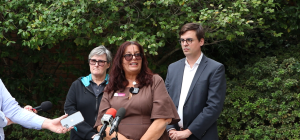WACOSS and our partners are delighted to host world renowned early childhood expert Dr Shanker and his colleague, Mike McKay who is the Director of the Canadian Self-Regulation Initiative, in Perth from 3-13 February, 2014.
The coming together of the disciplines of neuroscience and child development has created ideal conditions for a developing interest and engagement in self-regulation. Central to this work is Dr Stuart Shanker who was appointed by the Commissioner for Children and Young People as her 2012 Thinker in Residence. Since Stuart’s last visit, people across a range of sectors have been talking about how we might continue the work he initiated, provide opportunities for professional development for practitioners and undertake further work with Stuart and his colleagues in a more in-depth fashion around self-regulation.
Five community sector organisations in Western Australia have now made this possible by planning a return visit and program of activities on self-regulation; WACOSS, Parkerville, Child Australia, Communicare, Wanslea and Ngala. Woodside has been a corporate partner, and a number of government agencies have provided sponsorship – the Departments of Health, Education, Local Government and Communities, Child Protection and Family Support, Mental Health Commission and the Commissioner for Children and Young People.
“This self-regulation initiative is not an isolated one, but forms part of the work WACOSS has been doing to promote co-ordinated client centred services and supports that nurture and protect children and young people within their families and communities. In this context, early childhood development is critical – the early years are key to setting the foundations for lifelong development. We know that early disadvantage can have profound impacts on a child’s future potential,” said WACOSS CEO Irina Cattalini.
“It is broadly accepted that investment in the early years is vitally important and pays a profound social and economic dividend. 80% of the brain’s connections are made in the first three years – it’s when we learn to use our senses, language, socialisation and emotional control. Dr Shanker’s work on self-regulation in early childhood, and in particular the impact of stress on the ability of individuals to learn and thrive, has the potential to influence a range of early education and care settings in WA. As a strong advocate for evidence-based practice, Ngala looks forward to learning and sharing with Dr Shanker and colleague Mike McKay,” said partnering organisation Ngala’s CEO Ash Reid.
The visit has been designed to respond to the concerns many community service organisation and education and health practitioners have observed. Martine Pitt, CEO of partnering organisation Communicare said “Throughout our service delivery we identify many parents that need support to manage challenging behaviours. They have often tried many strategies that were unsuccessful in addressing their child’s behavioural concerns and they are looking for alternative strategies to assist their child and make their family life less stressful. We have seen a significant increase in the number of referrals for behavioural issues from the education and care services in our area, and we are concerned that children who display challenging behaviours often have a low self-esteem and find it difficult to make friends. Their behaviour often impacts on their potential to engage in positive learning experiences and this may impact on their capacity to reach their full potential as adults.”
These views are echoed by Dawson Ruhl, CEO of Child Australia: “Understanding and enhancing self-regulation in children in early childhood education and care settings is critically important. It assists educators understand how their behaviour, classroom programming and even the physical environment can have a positive impact on a child’s ability to regulate his or her behaviour and therefore reduce their stress levels. Assisting children’s capacity for selfregulation contributes to a child’s growing independence allowing for a child to become more skilled in their relationships with other children and adult.”
Basil Hanna, Chief Executive of Parkerville is a firm advocate for building and developing a knowledge base and strategies for improving self regulation awareness in children in WA from all walks of life, and says “self regulation skills assist children to develop healthy relationships and to improve their learning skills and well-being.” he says. “This is particularly important for children who have experienced trauma from abuse, as their experiences may have reduced their capacity for emotional self-regulation. Expanding the understanding of the strategies of self regulation in our staff and carers is important for us to provide holistic responses to the children in our care, and it is one of the most important things we do with families to help them heal from the harmful psychological, emotional and social effects of abuse and trauma.”
Professionals and parents alike will benefit from the program of public events and practitioner training to be delivered by Dr Shanker and Mr McKay during their WA visit.
“An in depth working knowledge of self-regulation by professionals within the Early Years sectors will create benefits, not only to the individual child, but a lifelong positive impact on society itself. Wanslea is committed to providing all early childhood professionals, including early childhood educators, opportunities to learn and apply techniques that assist children to develop self-regulation,” said Christine Baker, Executive Manager of Wanslea Family Services.
WACOSS hopes that one of the outcomes of this work by Stuart Shanker and Mike McKay in Perth will be the development of a practice network of interested and committed practitioners linked into the self-regulation initiative and a similar network in Canada.
Media Contact
Irina Cattalini, WACOSS CEO – 0422 422 438 or 9420 7222.
Please visit www.wacoss.org.au/Shanker2014 for program event details.
To download a PDF of this media release, please click here.



